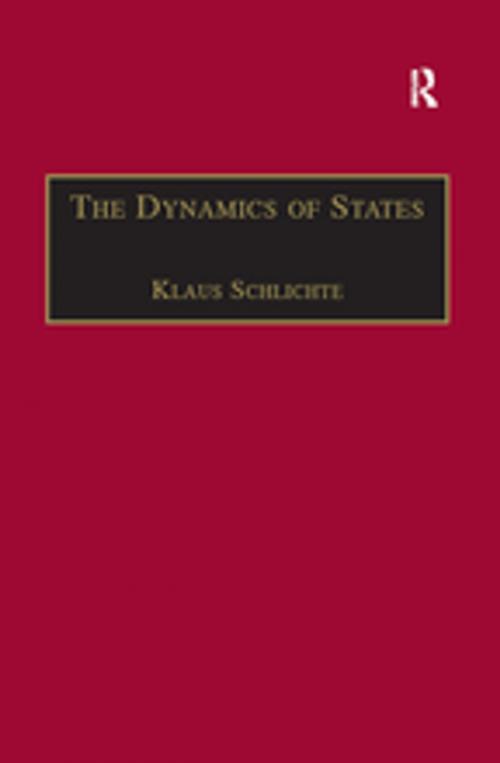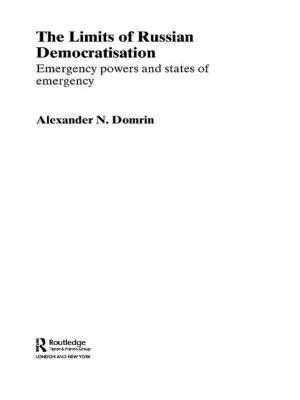The Dynamics of States
The Formation and Crises of State Domination
Nonfiction, Social & Cultural Studies, Political Science, Politics, Practical Politics| Author: | ISBN: | 9781351891288 | |
| Publisher: | Taylor and Francis | Publication: | December 5, 2016 |
| Imprint: | Routledge | Language: | English |
| Author: | |
| ISBN: | 9781351891288 |
| Publisher: | Taylor and Francis |
| Publication: | December 5, 2016 |
| Imprint: | Routledge |
| Language: | English |
State domination in the non-Western world is hallmarked by its constantly shifting character. This stimulating book develops a new approach to the study of state formation and state erosion to explain dynamics that neither follow the pathways of development nor the rule of stagnation that dependency theory once suggested. Carefully edited by Klaus Schlichte, this book provides a fresh angle to the study of states with an attempt to 'overcome Weber with Weber'. The approach focuses on the historical authenticity of states and their institutional frameworks, describing the trajectories taken as they react to the effects of changes in their international and local social environments. The emphasis laid on the specific characteristics of individual states does not however lead to the theoretical difficulty of a new contextual relativism. The conceptual design employs sociological categories developed by Max Weber, Norbert Elias, Michel Foucault, Pierre Bourdieu and others.
State domination in the non-Western world is hallmarked by its constantly shifting character. This stimulating book develops a new approach to the study of state formation and state erosion to explain dynamics that neither follow the pathways of development nor the rule of stagnation that dependency theory once suggested. Carefully edited by Klaus Schlichte, this book provides a fresh angle to the study of states with an attempt to 'overcome Weber with Weber'. The approach focuses on the historical authenticity of states and their institutional frameworks, describing the trajectories taken as they react to the effects of changes in their international and local social environments. The emphasis laid on the specific characteristics of individual states does not however lead to the theoretical difficulty of a new contextual relativism. The conceptual design employs sociological categories developed by Max Weber, Norbert Elias, Michel Foucault, Pierre Bourdieu and others.















